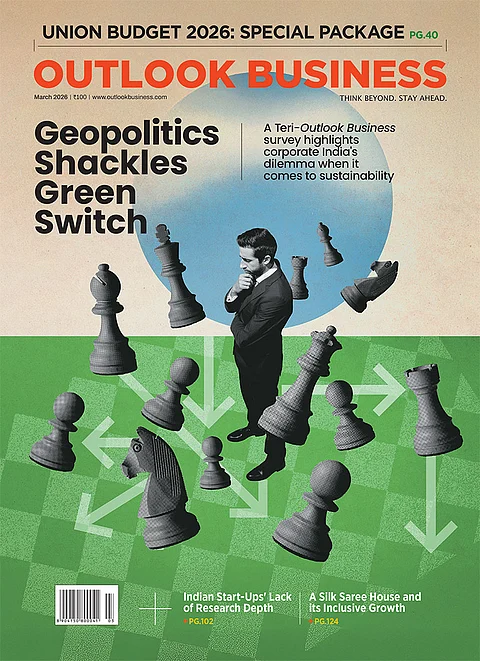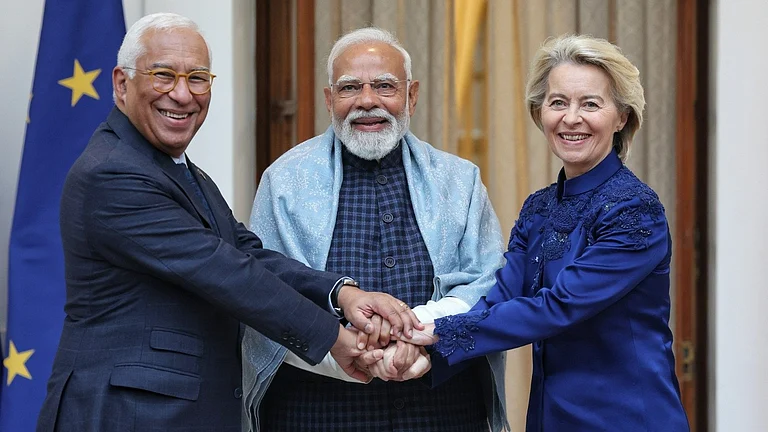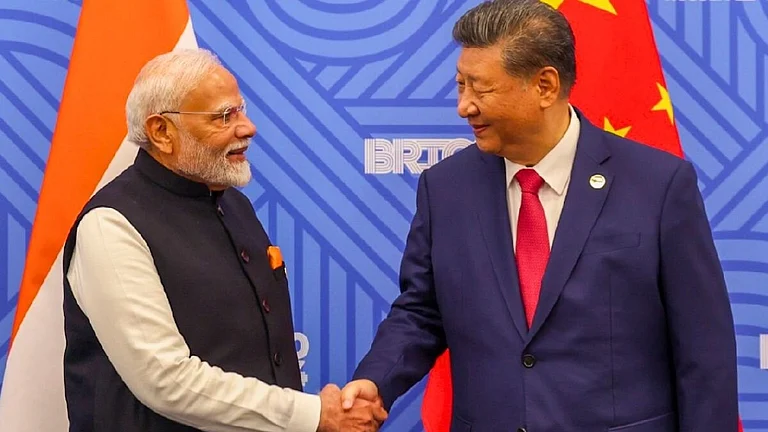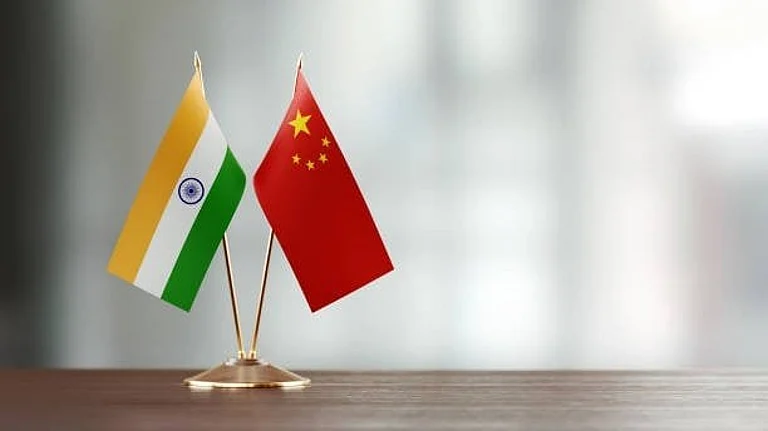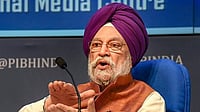The government has notified electronics and automobile manufacturers about plans to establish an inter-ministerial panel. This panel will accelerate the approval process for investment proposals from Chinese firms in Indian companies.
The committee is expected to be led by the Union home secretary, as per sources cited in a report by the Economic Times. Under Press Note 3, investment proposals will be fast tracked provided that specific conditions are met.
According to the report, the Indian company must justify that the technology and investment are crucial for enhancing the local manufacturing supply chain. The management and board of the investee company must not include Chinese nationals in important positions such as MD/CEO.
Any Chinese partner can only hold a minority stake in partnerships. These rules will apply to all Chinese joint ventures involving Indian entities and even foreign firms operating within India. Last month, there were several media reports indicating that the Indian government might allow JV between Chinese and Indian companies, only if the latter owns majority shareholding
The Indian government started examining investments by Chinese firms after bilateral relations deteriorated following the border clash in June 2020. Press Note 3, which was issued in 2020, mandated that companies based in countries sharing a land border with India, like China, can invest only with government approval.
This policy had a significant impact on Chinese investments in India, including joint ventures.
Electronics companies and automakers have been actively lobbying the government to relax regulations under Press Note 3. These sectors rely heavily on Chinese parts for their products manufactured in India and argue that there are currently no viable sourcing alternatives available.








